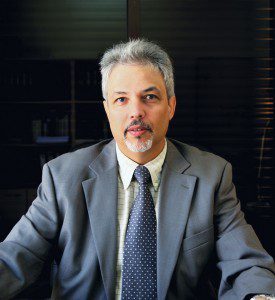B yDr Ernest Cachia
The word research can conjure images of people in lab coats busy with baffling devices. The research community has contributed to this perception by being inactive in promoting and explaining their work. What follows is perhaps some insight into the world of research.

Research is an essential human endeavour. It uses in-depth study, experimentation, construction, and evaluation of conceptual or real-world physical processes. For example, in Information and Communications Technology (ICT), research is needed to provide the key ingredients that drive innovation and creativity. Those ingredients include new technologies, standards, approaches, and concepts that come together to form the right research atmosphere.
Imagine a world where research ceased to exist. Industry, and therefore society, would be forced to redeploy existing technology for other uses without ever inventing anything new. For example, without research in video data compression, online video streaming would stop; one of the possible effects is no improvement in modern home entertainment systems — forget video on demand. 3D Game graphics would also stop evolving without research into the mathematics behind object rendering and transformation. If this stopped, game graphics evolution would suffer, limiting the realism of future games and other virtual environments. The list is open-ended: research is vital.
“We can compete in terms of research capability, flexibility, ingenuity and creativity.”
The above examples show how technological progress needs support from a healthy and active research community. Successful organisations tend to find their competitive edge through an ability to innovate, brought about by their ability to invest in and carry out research. It is not surprising to note that some of the most successful and renowned companies, such as IBM, Microsoft, Hewlett Packard, and Apple, have a strong Research and Development (R&D) arm.
Malta is starting to recognise the competitive niche that research can enable us to occupy, even on a global scale. The economy of numbers is definitely not in our favour. We cannot compete in terms of sheer graduate output. We can however very effectively compete in terms of research capability, flexibility, ingenuity, and creativity. On these attributes, we are on equal standing with far larger countries. That is why researchers welcome the interest being shown by both local industry and government. Hopefully, the right funding framework will follow this interest. After all, research in ICT has become as important as, say, research in healthcare. Interesting times lie ahead.
The author is the Dean of the Faculty of ICT at the University of Malta.





Comments are closed for this article!